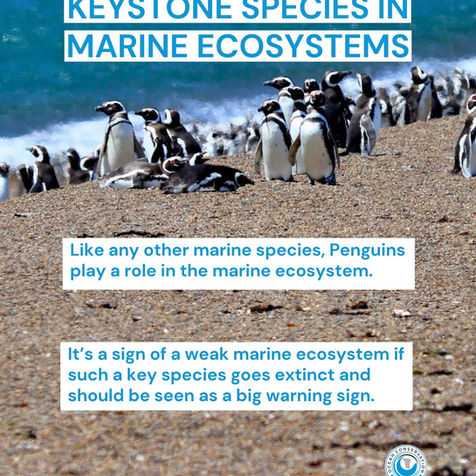top of page

Social Media
Information Campaign: The Plight Of The African Penguin

Subscribe to Ocean Conservation's
Monthly Newsletter!
Want to see past editions? Visit our Newsletter Archive
Questions? Visit our Frequently Asked Questions
Want to download our free PDF calendar for 2026? Click HERE
The Ocean Conservation Namibia Trust is a registered charitable trust with the Namibian High Court.
Ocean Conservation Namibia, PO Box 5304, Walvis Bay Namibia
Ocean Conservation International is registered as a non-profit entity under chapter 501(c)(3) in the U.S.
Ocean Conservation International, 8 The Green, STE A, Dover , DE 19901
Contact us: info@ocnamibia.org
Please visit our Frequently Asked Questions for more information on our rescues.
bottom of page























